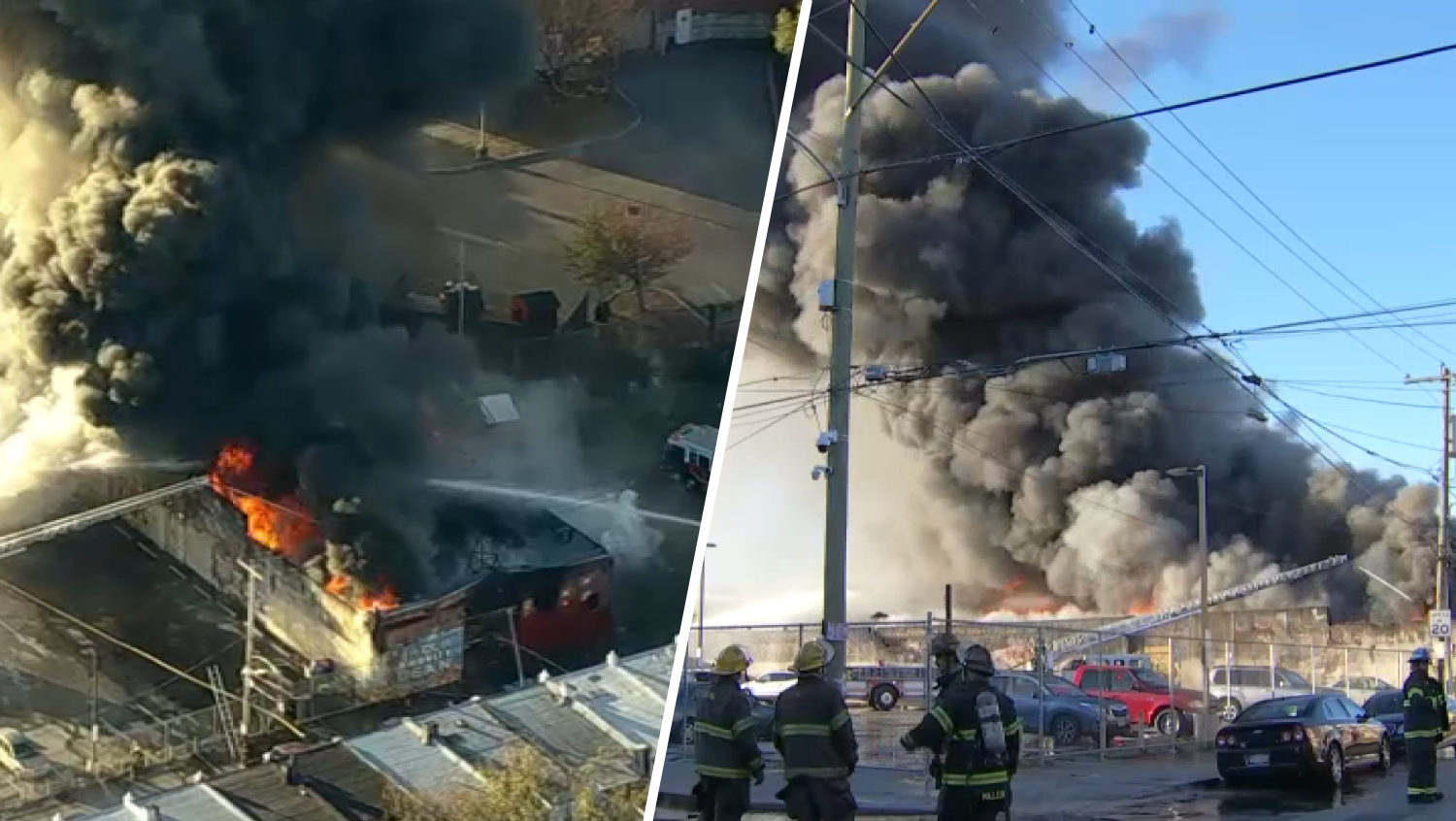Archbishop Nelson Pérez takes over one of the largest Catholic organizations in the United States on Tuesday, an Archdiocese to which more than 1 million Catholics belong.
Yet less than 1 in 5 of those Catholics attend Sunday Mass regularly, and according to one local expert, Pérez's immediate future will be tied to shrinking the footprint of the Archdiocese of Philadelphia by as many as 100 churches in the next decade.
Pérez will be installed Tuesday afternoon in a grand celebration and Mass at the Cathedral Basilica of Saints Peter and Paul in Center City, Philadelphia.
Closing up to 100 of the 214 parishes still operating across Philadelphia and the four adjacent counties would continue the tough work that Pérez's predecessor, Archbishop Charles Chaput, started during his eight years in charge.
"It was the perfect storm of what could have gone wrong," longtime observer of the Archdiocese, Rocco Palmo, said of circumstances before and during Chaput's tenure. It was marked by a $330 million deficit, a grand jury report by the Pennsylvania attorney general on decades of church sex abuse and dwindling church attendance.
"Chaput had to make 100 years' worth of tough calls," added Palmo, who writes the Whispers in the Loggia blog.
Local
Breaking news and the stories that matter to your neighborhood.
Chaput closed 70 parishes and 40 schools to help slash the deficit, but the Archdiocese is still grappling with fallout from the sex abuse scandal.
Pérez said in an interview with NBC10 on Monday that "bringing people back to the church will be a challenge, and restoring trust in people" is a difficult task.
Observers and associates of Pérez believe he has a natural ability to connect with people, and his familiarity with Philadelphia after more than two decades in the Archdiocese will help.
"One thing that has impressed me is when I posted news stories about him on social media, Catholics in Cleveland would reply with messages like, 'we’ll really miss him in Cleveland,'" said the Rev. James Martin, an editor at large for America magazine, a national Catholic publication. "He was only there for two years, so that is the highest compliment you can get. That says volumes. He’s a very pastoral leader."
The new archbishop said he thinks the Church has learned from the abuse scandal, and is ready to begin a new era of conciliation.
"The church has certainly been plagued by it and we have to deal with that. And we have been dealing with that," Pérez said of sexual abuse. "The reality is that there is no institution in the United States that has done more in this area right now than the Catholic Church. That’s why so many other institutions and organizations have been coming to the Catholic Church to learn, because we’ve been through it. And they’re going through it, and families go through it. And now the church has this incredible wealth of wisdom and learning that has come really from their pain, from their pain."
Pérez may be better equipped than any Archdiocese leader in decades to grapple with tough short-term decisions like closing parishes while developing a long-term vision.
He is the first archbishop in half a century less than 60 years old at the time of his installation, and the first in an century to have spent time in the Archdiocese before taking over.
Pérez's credibility as a Philadelphia guy — even though he was born in Miami and raised in northern New Jersey — will go a long way toward ingratiating himself with local Catholics, according to Father Martin, who himself is a native of Plymouth Meeting, Montgomery County.
"Speaking as a Philadelphian, Philadelphians really like other Philadelphians," Martin said, chuckling but serious.
Chaput, who came from Philadelphia from the Diocese of Denver, never had much of a chance to connect directly with the people. His fiscally-responsible, and necessary, Archdiocesan downsizing didn't make him popular in local parishes before his mandatory retirement at 75 a couple months ago.
"Archbishop Chaput should be commended for his ability to bring the Archdiocese into better financial condition," Martin said. "Still, with almost any large diocese, there is still more to be done."
Pérez said he will let Jesus Christ do most of the work bringing Catholics back to the pews.
"I don’t bring anybody back, Christ brings people back," he said on the eve of his installation at the Cathedral Basilica of Saints Peter and Paul. "We actually come and go, but that truth has transcended history."



